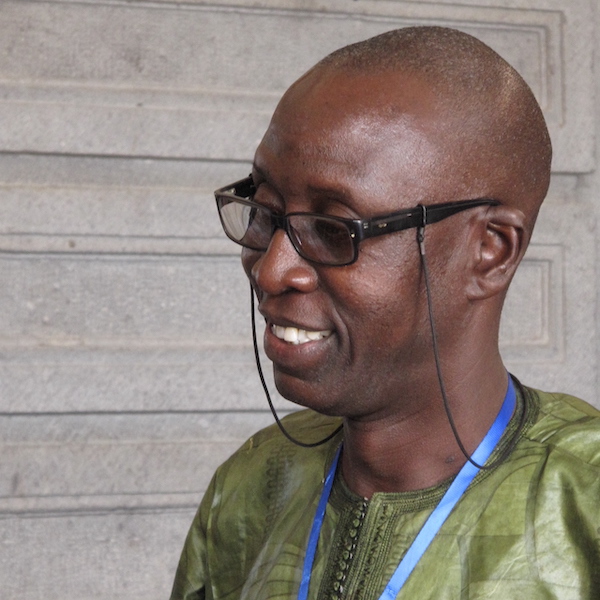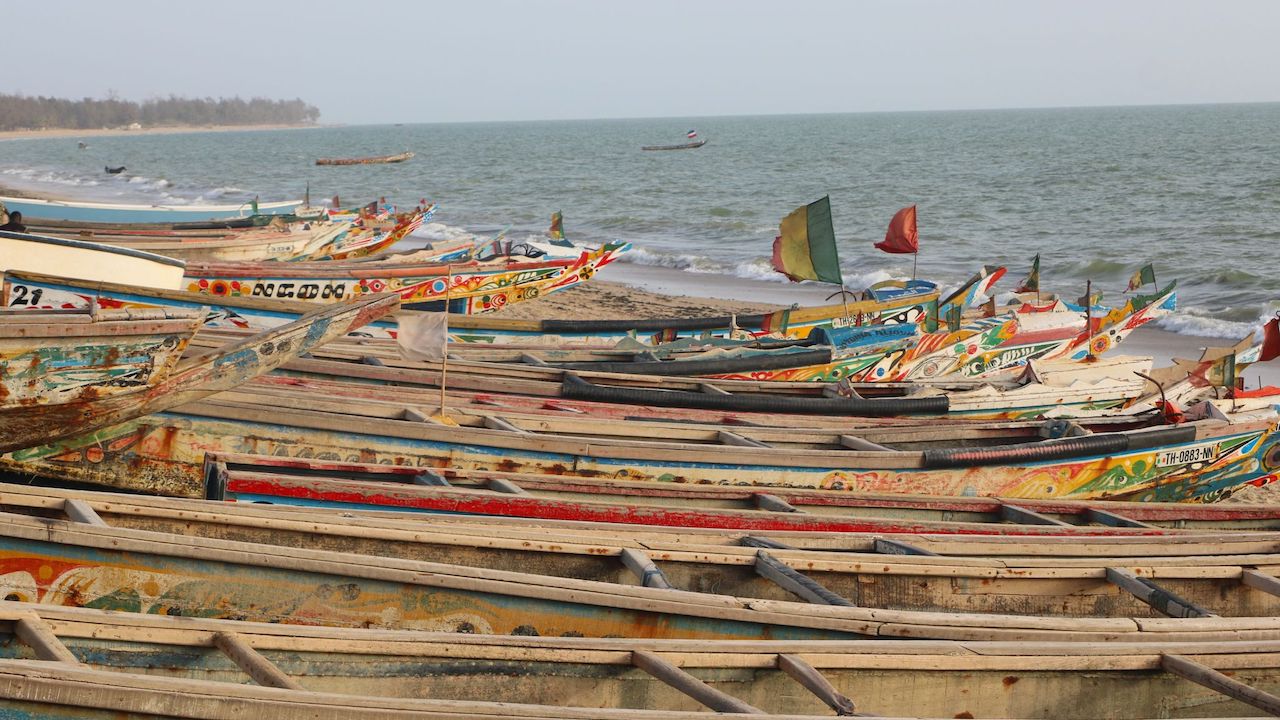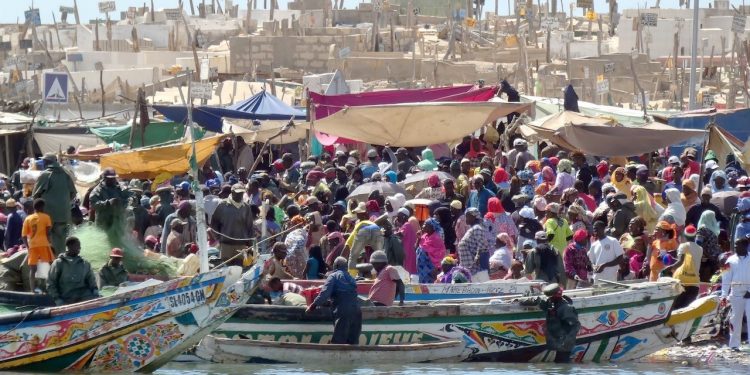Following a review by the FiTI International Board of the lack of implementation progress in Senegal, it has issued a final request to the country’s national authorities to avoid delisting.

Senegal initiated the process of joining the FiTI eight years ago, following the public commitment of former President Macky Sall during the first FiTI International Conference in Mauritania. Since then, Senegal has been listed as one of the current countries committed to the FiTI. However, after its initial commitment in 2016, the country has made no progress in finalising the mandatory sign-up steps, despite significant endeavours from the FiTI International Secretariat, its partners, and other national and international stakeholders.
With a change at the top, Bassirou Diomaye Faye was sworn in as Senegal’s new president earlier this year. The new president stressed the need for transparency during his campaign by signing the Charter for Sustainable Fishing as part of his election promises. The Charter was established by the Coalition nationale pour une pêche durable (CONAPED), which brings together the country’s largest artisanal and industrial fishing stakeholders – and includes a clear commitment to implement the FiTI in Senegal.
Newly appointed Minister for Fisheries, Maritime and Port Infrastructures (MPIMP) Dr Fatou Diouf then published the long-awaited list of vessels authorised to fish in waters under Senegalese jurisdiction. This has been applauded by many stakeholders, including the FiTI, as a ‘decisive action, demonstrating the new administration’s commitment to transparency and sustainability of marine resources.’
Nevertheless, so far the government of Senegal has made little progress on the implementation process of the FiTI under the new administration. The government has yet to officially appoint the FiTI Lead Ministry, a FiTI National Lead, or start the process of establishing the country’s FiTI National Multi-Stakeholder Group.
‘Senegal’s fisheries sector has outstanding importance to the country’s citizens and West Africa, and thus a transparent and sustainable management of the sector needs to be ensured. The new administration has shown promising signs towards fisheries transparency, but not about the FiTI process,’ said Dr Valeria Merino, Chair of the FiTI International Board.
‘At the same time, the FiTI needs to ensure fairness among all implementing countries, which are making important efforts to enhance the public accessibility and credibility of fisheries information. Our Board is hopeful that the new authorities will see this invitation to complete the FiTI process, within the given deadlines, as an opportunity to make tangible and rapid progress to establish an environment that enables the transparent management and governance of Senegal’s fisheries sector.’

Based on the Board’s decision reached during its meeting this month, the government of Senegal must appoint the FiTI Lead Ministry and a FiTI National Lead and communicate this decision in writing to the FiTI Chair by 31st July 2024, and submit its completed Candidate Country application in writing (including all supporting documents) to the FiTI Chair by 31st December 2024.
Missing either one of these deadlines will result in the immediate delisting of Senegal from the Fisheries Transparency Initiative.
‘The implementation of the FiTI was one of the twelve national commitments included in the first National Action Plan of the Open Government Partnership (OGP) for Senegal 2021-2023, under the leadership of the Ministry of Justice. Unfortunately, so far, these commitments have remained a dead letter,’ said CAOPA/AFRIFISH-Net president Gaoussou Gueye.
‘For Senegalese small-scale fisheries, it is important that Senegal seize the opportunity and urgently take the necessary measures to implement the FiTI, in particular by adopting a decree designating the Ministry responsible for the FiTI, and the person responsible within the government, and by setting up a national multi-stakeholder group, composed of representatives of the Senegalese government, industrial and artisanal fisheries and civil society organizations.’









